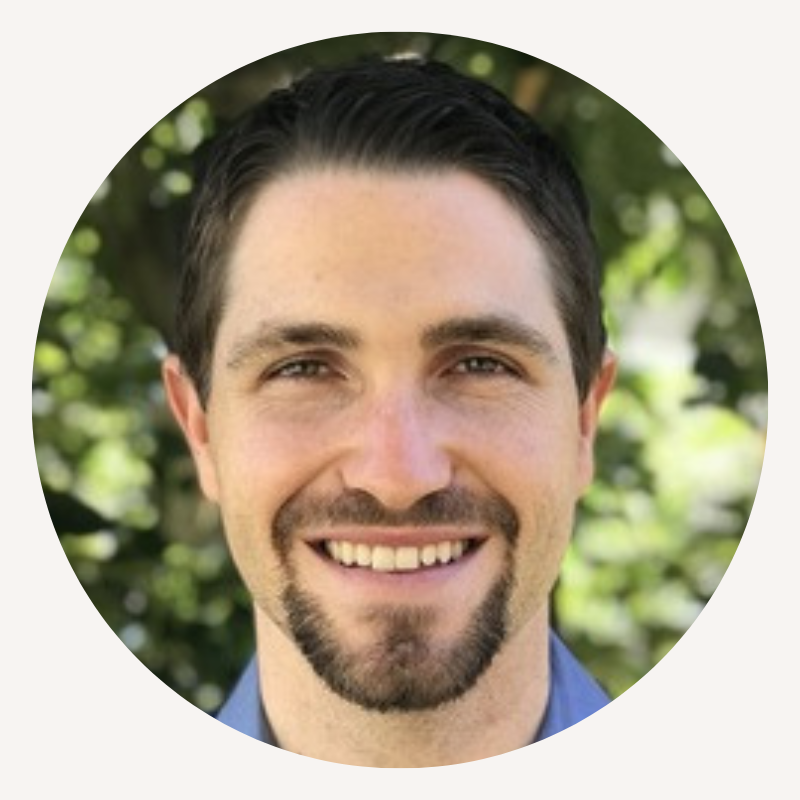What Does That Say About You?
“What does that say about you?” This is a question I ask many of my clients.
As human beings, we make meaning out of almost every experience. As early as we have awareness, we receive messages and make meaning about ourselves and the world. The messages we receive come from people saying things to us, treating us a certain way, and virtually any experience we have, whether positive or negative. We do our best at the time experiences take place, and there are many reasons why we believe the things we do. While the meaning we create might make sense at the time, there are often messages we do not need to hold onto.
Therefore, it is good to ask ourselves the question: Which experiences have shaped us?
In many instances, we can come up with a variety of meanings from the same experience. Let’s look at an example:
Let’s say you are 7 years old, and your parent said they would pick you up from school at 4:00 PM. Once that time rolls around, you notice yourself standing right where your parent told you to be, but they aren’t there. In this very moment, any variety of thoughts could be swirling in your mind with various meanings. Let’s say you think one of three things and make meaning out of it:
“My mom said she would be here, but maybe she’s late because she picked up some food for me on the way.” Meaning: I am worthy of care/I am loved;
“I’m sure my mom will be here soon; maybe she got stuck in traffic.” Meaning: I’ll be okay;
“I knew my mom wouldn’t be here on time; she probably doesn’t even care about me.” Meaning: I am not worthy of care/I am not love)
As you can see, different meanings can be made out of the same event. Why does this occur? This can happen for a variety of reasons, but it often ties into our past experiences and present circumstances. If we have experiences of being loved and cared for consistently, we may be more likely to attribute a positive belief to an event. On the other hand, if we have experiences of our needs being frequently unmet (or painful memories of it), it would be understandable why we might believe something negative about ourselves.
Do the beliefs you hold onto serve you well now?
Perhaps you were treated in certain ways when you were younger, but now, as an adult, you find yourself in different circumstances. If this is the case, holding onto a belief that you are not worthy of care or not loved may actually cause you more difficulty in your present life. This is because anytime there is a cue that someone doesn’t love or care about you, you might jump to the conclusion that you are, in fact, not loved when this may be untrue. I want to be clear here: just having the insight or “thinking” your way through this is not always the answer. There are a couple of options you could take that you might find helpful.
What can I do about these beliefs I hold onto?
While there is no “one size fits all” approach, there are some things that can help. First, you might try spending time reflecting on what you believe about yourself. It may be beneficial to write out your thoughts in a journal so that you can be curious about them and explore whether they are actually true or not. Also, if you have a trusted friend, you can share your feelings with and talk about things you have gone through in life, that can also be very healing. We are made for connection and not isolation, so feeling heard and known by another person can have a lot of power.
If you find yourself with trauma or abuse in your past or present, these issues can be even more sensitive, and it may be advisable to seek professional help to process these feelings. Through seeking professional help, there are certain techniques that can help you process past and present experiences. One of these examples is Eye Movement Desensitization and Reprocessing (EMDR), which can be very effective at processing traumatic experiences. To learn more about EMDR, you can visit Emdria.
Most importantly, be kind to yourself in this process. Do your best to refrain from criticizing yourself because you are unique, and just because something isn’t challenging to another person, it doesn’t mean it isn’t challenging for you. If you need any additional help on your journey, a therapist at the Center for Integrative Change can help.
About the Author
Alex Primo is a licensed marriage and family therapist at the Center for Integrative Change. With training in EMDR and additional training in Emotionally Focused Couples Therapy, he finds great joy in helping men break out of the cycle of unwanted sexual behavior, and helping couples restore trust and intimacy. When he is not seeing clients, he enjoys playing board games with his family, learning magic tricks, and rooting for the Dodgers.


